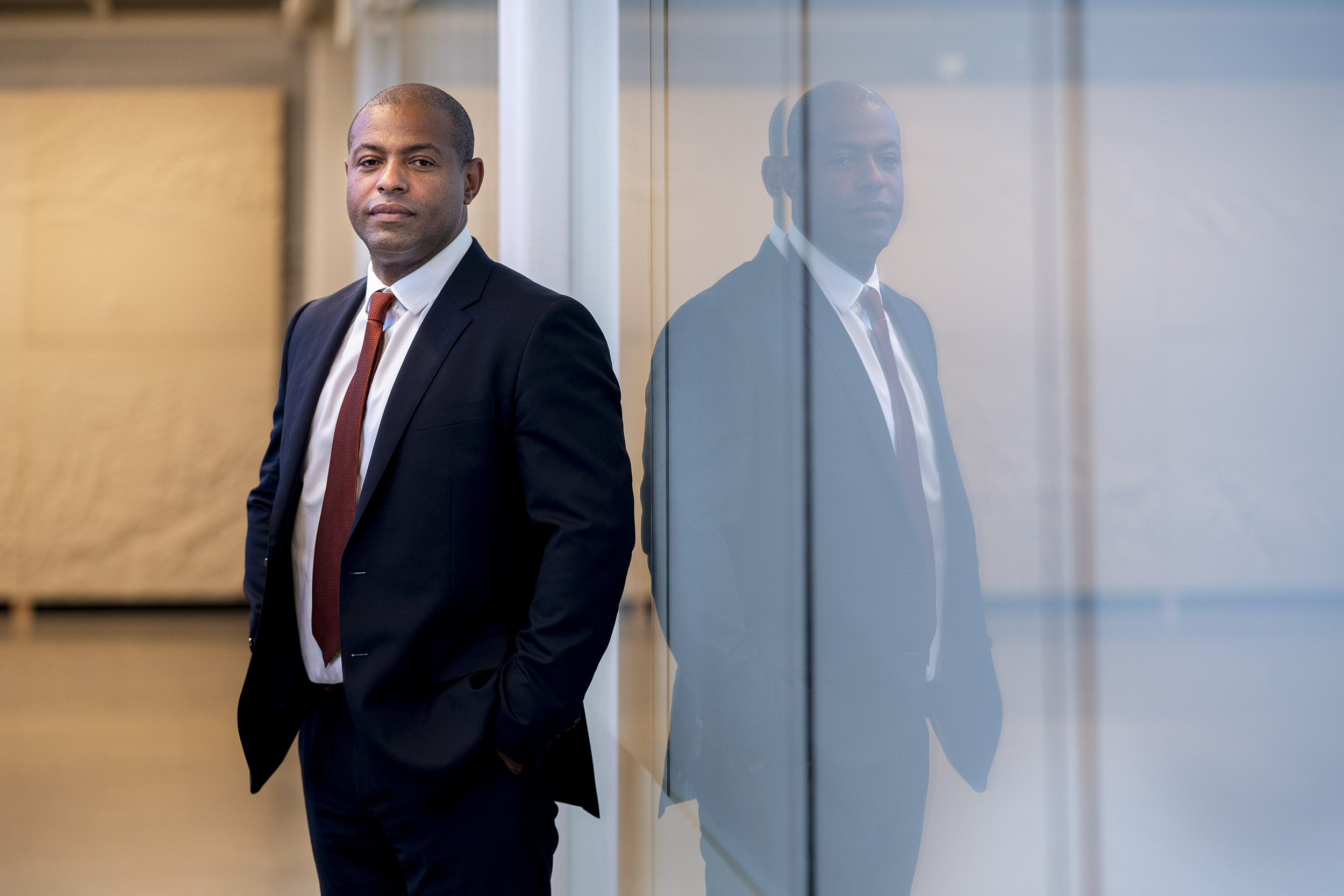Malo A. Hutson joined the University of Virginia’s School of Architecture on July 1 as the school’s new dean.
Hutson is an internationally known expert in urban health, community development and environmental justice. Before arriving at UVA, he was a tenured professor and director of Columbia University’s Urban Planning Ph.D. Program in the Graduate School of Architecture, Planning, and Preservation.
With classes just begun, UVA Today reached out to Hutson to see how he is settling in and to learn more about his aspirations as dean.
Q. What drew you to planning, design and higher education? Do you have any personal anecdotes to share?
A. My lived experience made me aware of the importance of the built and natural environments, and that brought me to urban and environmental planning. I became aware of how where you live and the quality of your environment can impact your opportunities in life, ranging from education to your health to your economic well-being. My two younger sisters and I were raised by a single mother who worked nights as a nurse. Our circumstances also led us to move frequently, and that exposed me to different communities. I was struck by the disparities between the different places we lived in, as some neighborhoods lacked quality housing, roads, schools, parks and community centers.
My interest in higher education also comes from my personal background. My mother always stressed the importance of education, but she also stressed the importance of giving back to society. Because I believe institutions of higher education can positively impact societies, I focused my career on trying to address challenges at the intersection of the built and natural environments and health equity through research, teaching and service.










